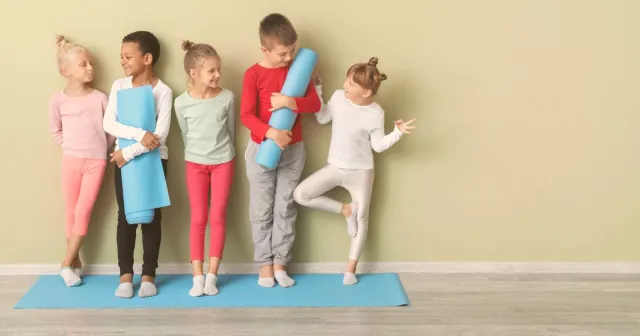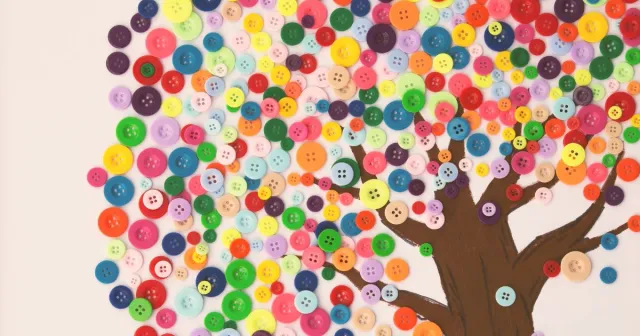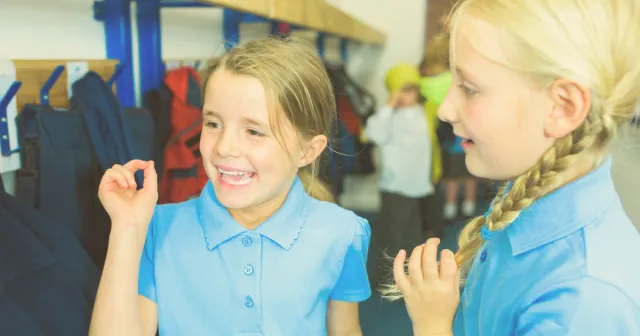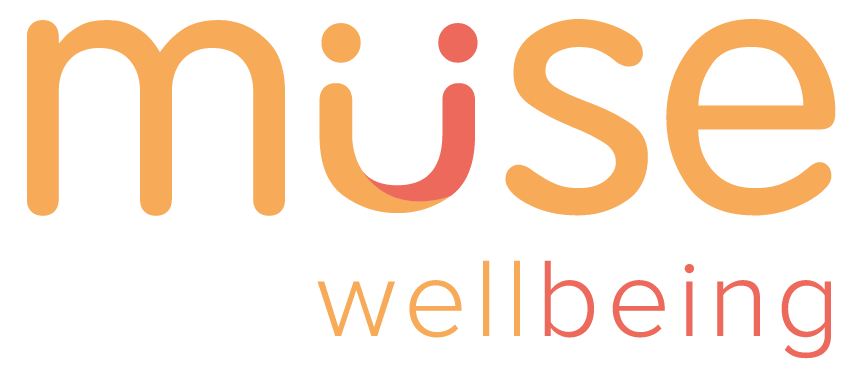Wellbeing Ideas for Primary Schools

David is the Muse Wellbeing director and lead curriculum developer. His Main passions include education, surfing and travelling.

Tashia is a SENCO and LSA support lead with a love for inclusive education. An avid gardener, she enjoys the outdoors and hiking.
Wellbeing Ideas for Primary Schools
Here at Muse, we make Wellbeing integral to every decision we take in creating learning resources. We truly love wellbeing. However, many school communities face a tricky balancing act between a whole range of duties of care and the needs of many stakeholders. This in turn makes the focus on wellbeing difficult to maintain.
In this article, we’ll explore the importance of wellbeing in primary schools and share ideas and activities that help promote a culture of care and positivity.
Wellbeing in Schools: An Overview
The topic of wellbeing has grown in prominence across media outlets and the national debate as a whole, reflecting a growing recognition of its importance in local and wider society. Wellbeing has been embraced by many groups (including our own school communities), from mental health initiatives to mindfulness practices.
Student wellbeing is of vital importance as it impacts academic performance, social relationships and the overall happiness of each young person. As teachers and school staff members, we have a duty of care to support our students’ wellbeing.
Wellbeing for Primary School Students
As primary school teachers and staff members, wellbeing is in many ways entwined within every action we take. As a duty of care to students, trusted adults always look to encourage safe and positive behaviours, addressing issues where possible. By fostering this open culture of respect, kindness and care, primary school students can feel safe, supported and valued.
Investing and promoting student wellbeing leads to long term results both within and beyond the classroom. When younger learners feel positive about their own wellbeing, they are better equipped to form positive relationships with peers and adults of care. These may form into life-long habits that lead to positive behaviours as adults in challenging situations.
Three Wellbeing Activities for Primary Schools
1. Yoga
Long revered as a fantastic activity for both physical and mental health, yoga is a great activity to introduce into primary schools. Simple yoga poses and calm breathing exercises can help to reduce stress and raise overall levels of concentration in students. Additionally, practising yoga fosters a sense of mindfulness and body awareness, promoting emotional regulation and self-confidence among young learners.

If members of your staff don’t have the yoga skills or knowledge to lead sessions, there are plenty of YouTube videos aimed at young learners. It’s best (and most fun!) if teachers and adults join in with the students too. By participating in yoga sessions, schools can strengthen teacher-student bonds and create a supportive school environment with wellbeing as a core focus.
2. Mindfulness Art
Mindfulness art is both relaxing, calming, and highly creative. Activities such as mindful colouring, guided drawing, or sensory art, which can be highly effective for learners with additional needs, provide excellent opportunities for self-reflection and expression. These fun art activities also allow students to focus their attention, regulate their emotions and explore their creativity.

As with yoga, mindfulness art can easily be incorporated into some aspects of the primary school curriculum. However, if time doesn’t allow for this, lunch or after-school clubs are a fantastic place to add this to your school community’s list of provisions. As a club, mindfulness art offers an excellent outlet for self-expression and relaxation outside of the academic setting.
3. Wellbeing Ambassadors
Establishing a Wellbeing Ambassador program in a primary school can drive the importance of wellbeing and positivity throughout the whole community. Students are selected as Wellbeing Ambassadors and are responsible for promoting a culture of care and positivity throughout the school. Serving as Wellbeing Ambassadors not only enhances students’ leadership skills but also promotes a sense of responsibility and ownership of the school’s well-being initiatives.

To do this, the school will need to support students with an understanding of skills such as active listening and conflict resolution strategies to help them engage with their peers.
What are Some Activities for Physical Wellbeing?
Alongside mental wellbeing, physical wellbeing is also very important. By encouraging and supporting engagement with physical exercise and activities, students may feel improved mood, better concentration during lessons and overall improved wellbeing.
- Structured Outdoor Play: Depending on the support available to a school, adults could lead activities and encourage children to engage with different sports or games during break or lunch times. In doing so, students will have a more productive and guided experience at these times, leading to better physical wellbeing.
- Fitness Challenges: These types of activities can be fantastic as part of a wider physical education curriculum. Students can self-test themselves over periods of time in order to see progress in fitness. These might be programs such as a daily-step challenge or student led fitness circuits, where physical wellbeing is highly supported.
- Learning Outside the Classroom: LoTC offers an excellent opportunity for students and adults to be outside and be more active. Although not suitable for all traditional classroom activities, learning outside the classroom can be an effective way to promote light physical activity whilst connecting with nature (should weather allow it!).
Final Thoughts
Supporting and improving our student’s wellbeing is very much at the core of our role as educators. By prioritising wellbeing in our primary schools, we create environments where students feel valued, supported and empowered to reach their full potential.
You can explore the Muse Wellbeing curriculum and all accompanying learning resources for promoting wellbeing in primary schools here.
Muse Wellbeing
Subscribe for RSHE & Wellbeing Updates & Learning Resources

Copyright © 2025 Muse | All Rights Reserved.
Would you like to logout of Muse Wellbeing?


